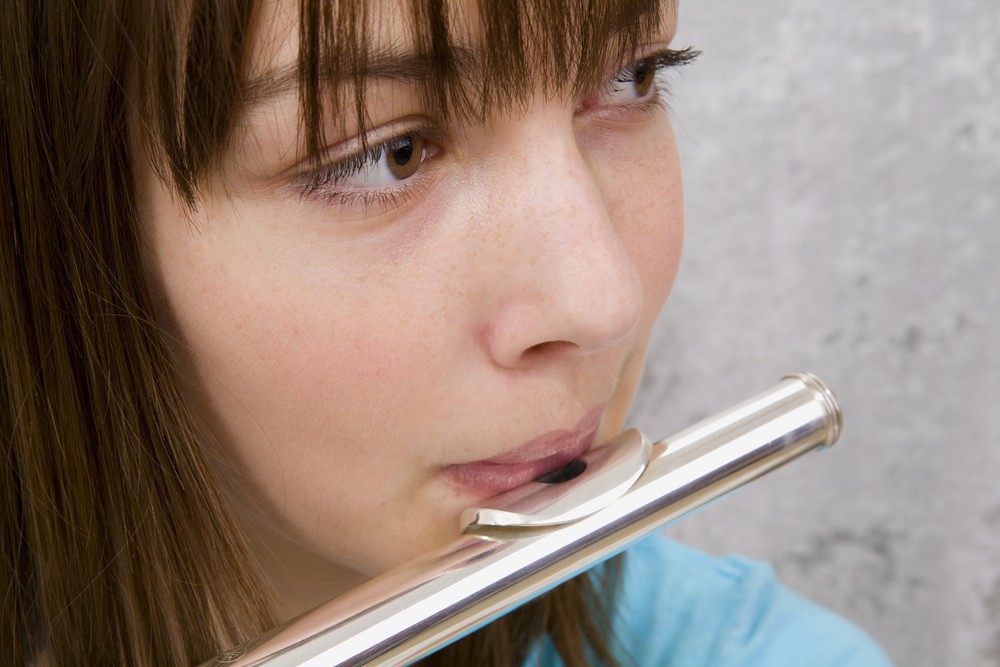 “Display confident body language, come what may.”
“Display confident body language, come what may.”
–The Musician’s Way, p. 194
Are you confident in your ability to deal with on-stage mistakes?
I’ve found that rising musicians seldom practice handling errors, so they typically don’t manage them as gracefully as they could.
In fact, many aspiring artists fear errors, which feeds their performance anxiety.
Here’s a primary error response that I’ve taught for years.
The Primary Error Response
1. Keep Going
Audiences connect most deeply with the pulse of our music, so it’s vital that we maintain forward motion.
When you stumble – whether due to a memory slip, flubbed note, or whatever – uphold the rhythmic groove, improvising as necessary.
In contrast, rhythmic interruptions can jolt listeners.
2. Release Tension
Mistakes can trigger a startle response in which our muscles clench and our breathing constricts.
So, as you keep up the pulse, breathe into your abdomen and release tension.
In so doing, you support your execution, quell nerves, and free up your creativity.
3. Be Positive
Nothing shuts down creativity faster than negativity; added to that, audiences tune into our body language.
For those reasons and more, project positive body language as you smooth out a glitch. At the same time, manage any self-talk, and stay engaged with your music.
In that way, your listeners will be less likely to detect any errors, and you’ll derive greater enjoyment from performing.
How to Practice Handling Errors
To practice error-handling skills, for starters, execute a phrase or two with your recorder running, intentionally make an error, respond as best you can, and then evaluate the results.
Apply what you learn in the same excerpt and then other passages, continually refining your skills.
Return to this strategy often during your practice sessions, toying with diverse musical excerpts and types of errors.
Next, rehearse error-handling during practice performances, managing your musical and psychological responses to accidental errors as they arise.
In time, with intelligent work, you’ll manage errors so adeptly that they’ll become inconsequential to your music making, and then your confidence and artistry will grow in step.
For detailed error-handling strategies, see pages 190-198 of The Musician’s Way.
Related posts
Countering Perfectionism
The Growth Mindset
The Meaning in Mistakes
Practicing Performance
© 2012 Gerald Klickstein
Photo © Mags Ascough, licensed from Shutterstock.com


Thanks for contributing, Rachel, and for the humor. I hope that you’ll stop by and share your thoughts often.
The main thing I try to do is keep breathing normally. This is imperative especially with wind instruments and vocal performances, but even at the piano the audience breathes with you, and when you hold your breath for too long they feel that something went wrong.
I have a tell for when I make a mistake… I smile really big. My family can always tell I made a mistake and how bad it was from my smile. This is not so good when singing a tragic aria! 😉